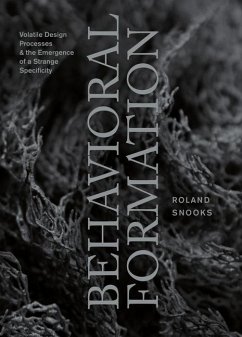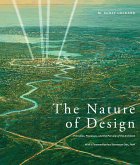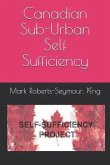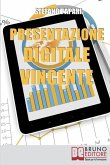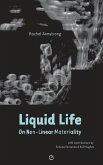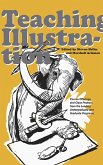Emergent processes of formation create intensive, volatile, intricate, complex phenomena. These processes have come to define our contemporary understanding of the nature of becoming, which stands in contrast to established notions of architectural design and authorship. The design research of Roland Snooks is a speculation on the relationship between emergent processes of formation and architectural design intention, and explores the strange specificity of an architecture that is drawn out of this interaction. This research operates within a larger architectural and cultural concern for complex systems and their role in algorithmic design processes. . The original methodological territory carved out from this larger milieu is the articulation of a design process in which architectural intention is embedded within emergent processes.
Hinweis: Dieser Artikel kann nur an eine deutsche Lieferadresse ausgeliefert werden.
Hinweis: Dieser Artikel kann nur an eine deutsche Lieferadresse ausgeliefert werden.

